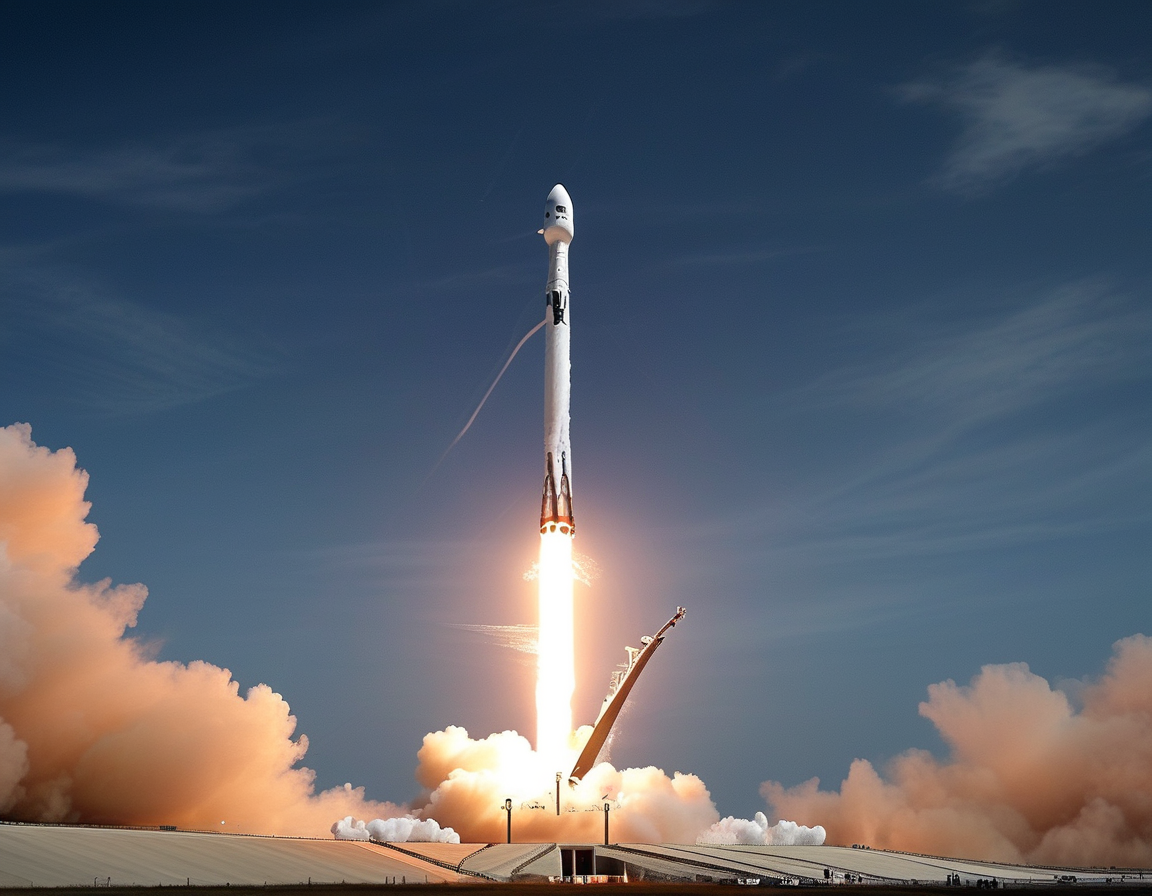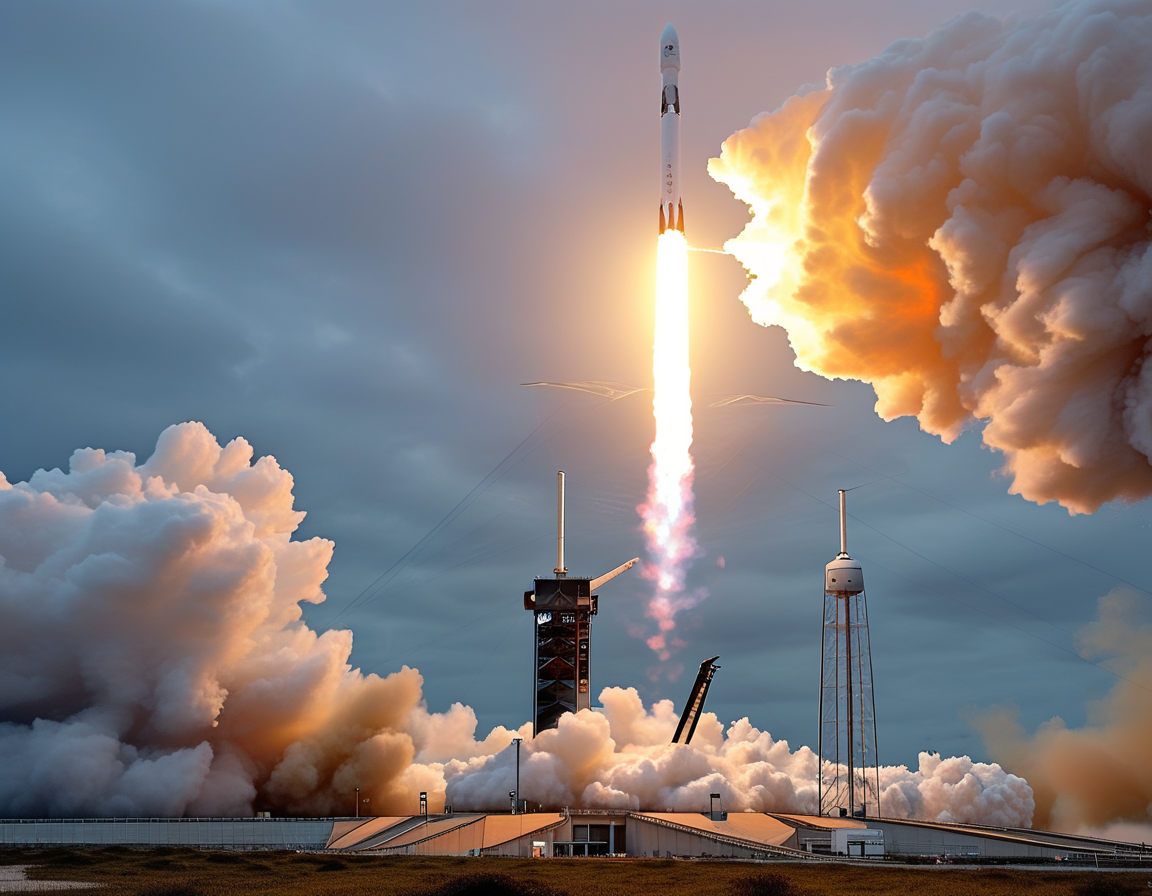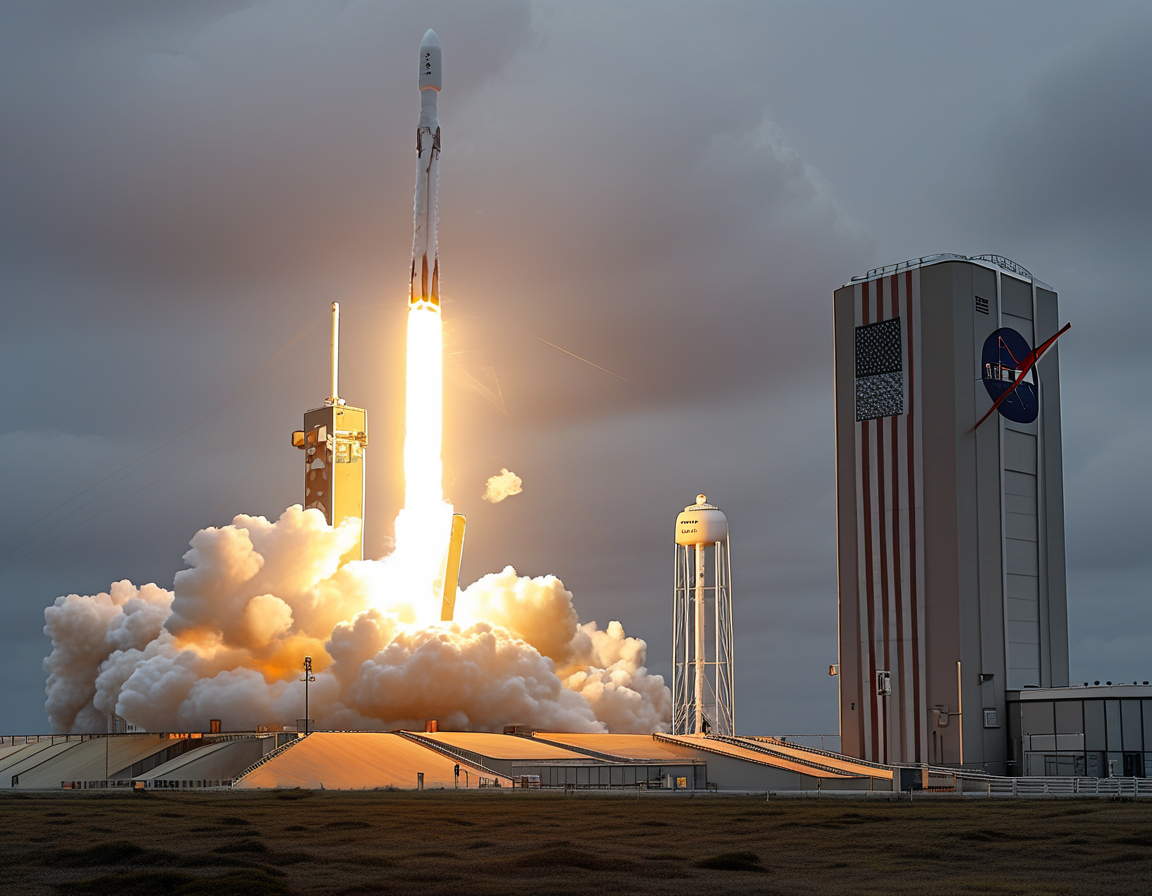The Shifting Landscape of NASA
NASA is at a crossroads. The agency known for bold exploration is now grappling with uncertainty. At the forefront is Elon Musk, a name synonymous with innovation. But how has he changed the agency’s trajectory?
This legendary space organization now feels the weight of Musk’s influence. Once viewed as a partner, he appears increasingly to act as a power broker. His company, SpaceX, isn’t just another contractor; it’s a driving force behind many of NASA’s strategic decisions. This transformation is raising eyebrows and triggering debates. Can NASA maintain its integrity in this new landscape?

Many wonder: Is this a natural evolution or a troubling trend? As SpaceX’s ambitions soar, so do tensions within NASA. The agency’s goals seem increasingly overshadowed by Musk’s Martian dreams. It raises an important question: what does this mean for our vision of space exploration?
Musk’s Vision Takes Center Stage
SpaceX has significantly shaped NASA’s operations. Missions to the International Space Station are a testament to this partnership. But Musk’s sights are set far beyond low-Earth orbit. Think Mars colonization, a vision he champions fervently. His comments often dismiss lunar exploration, labeling it a distraction.
Just this year, he tweeted, “No, we’re going straight to Mars.” His remarks aren’t just casual. They reflect a larger strategy to bevel NASA’s traditional goals, particularly the Artemis program aimed at lunar exploration. For Musk, the priorities of NASA may need an overhaul to align with his ambitious plans.

Critics argue that such views aren’t just personal opinions. They are indicative of a broader strategy to allocate NASA’s budget and resources in favor of Mars projects. Is this beneficial for space exploration’s future? Or does it compromise NASA’s established legacy?
Unpacking the Internal Fallout
The changes at NASA have been turbulent. Reports indicate layoffs have spiked, with hundreds reportedly dismissed with little notice. Over 1,000 employees faced abrupt job losses, igniting feelings of abandonment and uncertainty. Did these changes arise from Musk’s rising sway?
Many staff members describe the situation as disastrous. “I think we were targeted,” one employee shared, while others echoed feelings of disappointment and disillusionment. They fear for NASA’s future. Will the loss of experienced professionals weaken its scientific mission?

The abruptness of these layoffs left employees confused. The leadership’s comments seem meaningless amid chaos. How can staff feel secure when their agency appears in disarray? NASA’s longstanding tradition of exploration now hangs by a thread, swayed by external influences.
Potential leadership Changes
Amid this atmosphere of uncertainty, NASA is searching for new leadership. One name emerging is Jared Isaacman, a billionaire tech founder and SpaceX supporter. If appointed, questions arise about potential conflicts of interest. Could this further deepen Musk’s grip on NASA?
Isaacman’s links to Musk raise eyebrows among experts and insiders. Critics worry about blurred lines between private industry and public leadership. Musk’s vision for Mars could become the singular focus, sidelining critical lunar initiatives like Artemis.
Is there a risk that NASA’s once-clear mission could dissolve into private ambition? These concerns are not just speculative. They reflect a fundamental shift in how public space agencies may operate in a privatized future.
The Political Divide
Musk’s comments about the Artemis program sparked political tension. He labels it a “jobs-maximizing program.” Yet, the lunar initiative garners bipartisan support. Representative Brian Babin’s remarks reflect this anxiety. He emphasizes the necessity of NASA’s Space Launch System.
For some, Musk’s direction raises alarms about U.S. leadership in space. If the focus shifts entirely to Mars, will this jeopardize our competitive edge? Are we risking decades of scientific research and the prestige that accompanies it?
Critics argue a shift toward Mars could diminish NASA’s public accountability. As the agency becomes entwined with private interests, does it risk losing its historic role? This political divide could ultimately shape American space exploration’s future.
Reexamining the Role of Private Contractors
This situation has compelled a much-needed discussion about private contractors. SpaceX has made impressive contributions at lower costs. However, should we rely on a single entity for our space aspirations? NASA was once a pioneering public agency, grounded in public interest. Is privatization steering it away from its core mission?
The rise of companies like SpaceX signals a shift in the industry. With innovation comes the potential for profit. As SpaceX grows, will it convert space exploration into a business venture? Is that what America’s space exploration should become?
This realignment raises fundamental questions. What happens to scientific exploration when profit becomes a priority? Should public missions serve public interests or corporate ambitions?
A Crucial Moment for NASA’s Identity
In light of this upheaval, interim administrator Janet Petro’s reassurances ring hollow. “Change is never easy,” she wrote. Yet, the workforce feels disconnected from these sentiments. The future of the agency seems precarious. Where do the remaining employees find hope amidst such chaos?
Ultimately, NASA’s direction—Moon, Mars, or a blend—might no longer rest on scientific rationale alone. It increasingly hinges on the influence of Elon Musk. His dreams are grand, but at what cost?
As space exploration continues to evolve, the legacy of NASA is at stake. Will it uphold its dedication to humanity’s aspirations, or shift toward Mars only? The balance between public good and private ambition remains a critical conversation as we gaze skyward.
Leave a Comment